
The Data for Social Good – Hackathon, presentred by TSIC Foundation, Government of Telangana, in collaboration with the Data analytics and Computational Social Science (DACSS) Program at the University of Massachusetts, Amherst, welcomes students with Data Analytics Skillsfields at various Educational Universities across India in developing insights/interpretations/conclusions from datasets. The students with prevailing data sets arrive to a conclusion in the form of findings, graphs, etc through Data visualisation, which could be further recommended to organisations for revised decisions towards SDGs’ progress in the State of Telangana.
The focus of the hackathon would rely on the below-mentioned SDGs.
The goal of the 3-day hackathon is to visualize the progress towards Sustainable Development Goals (SDGs) using the lastest prevailing datasets pertaining to the state of Telangana, by driving insights that could be recommended to the Government/Civil Societies/NGOs/Think Tanks/ Educational & Research Institutions, that can help in driving their decisions.
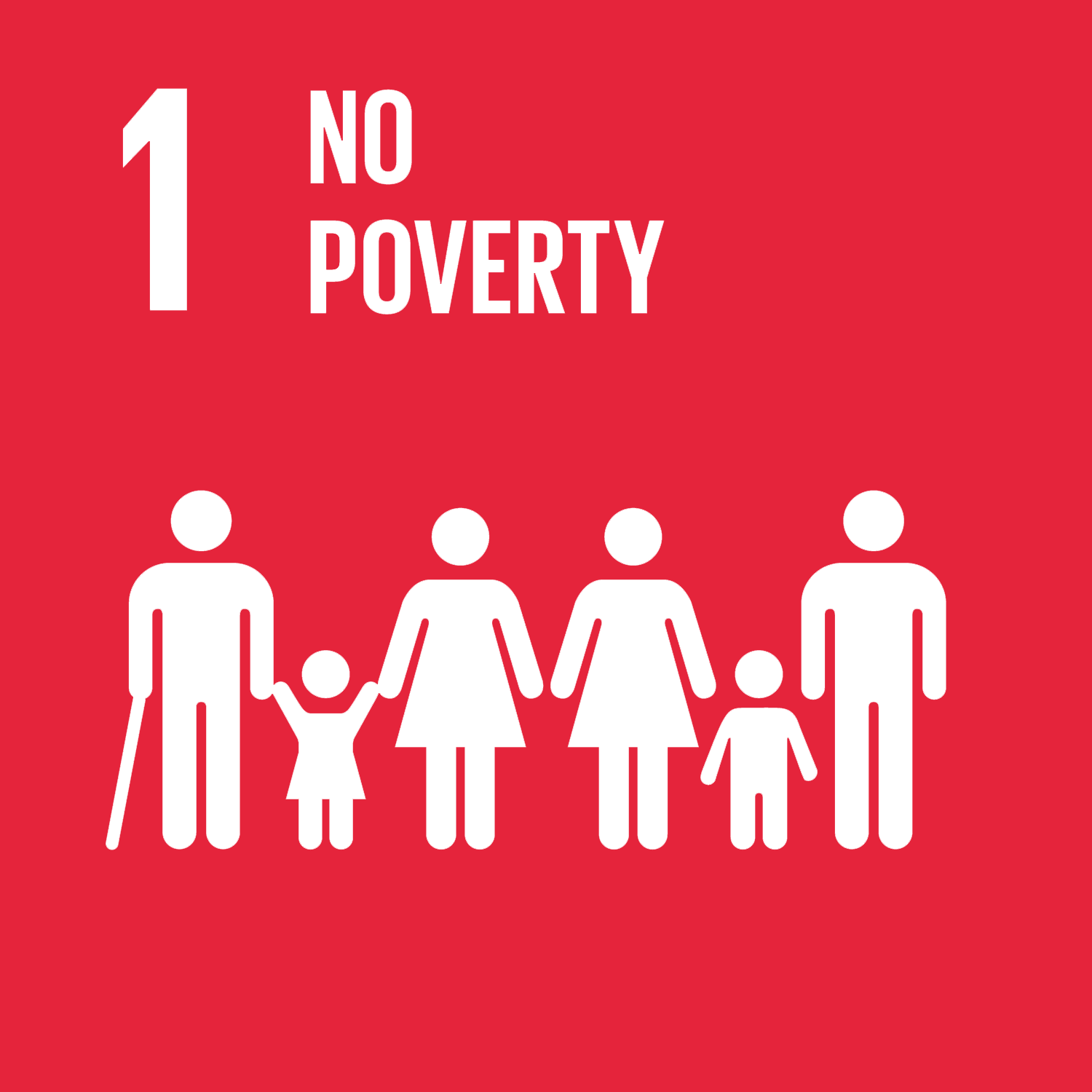
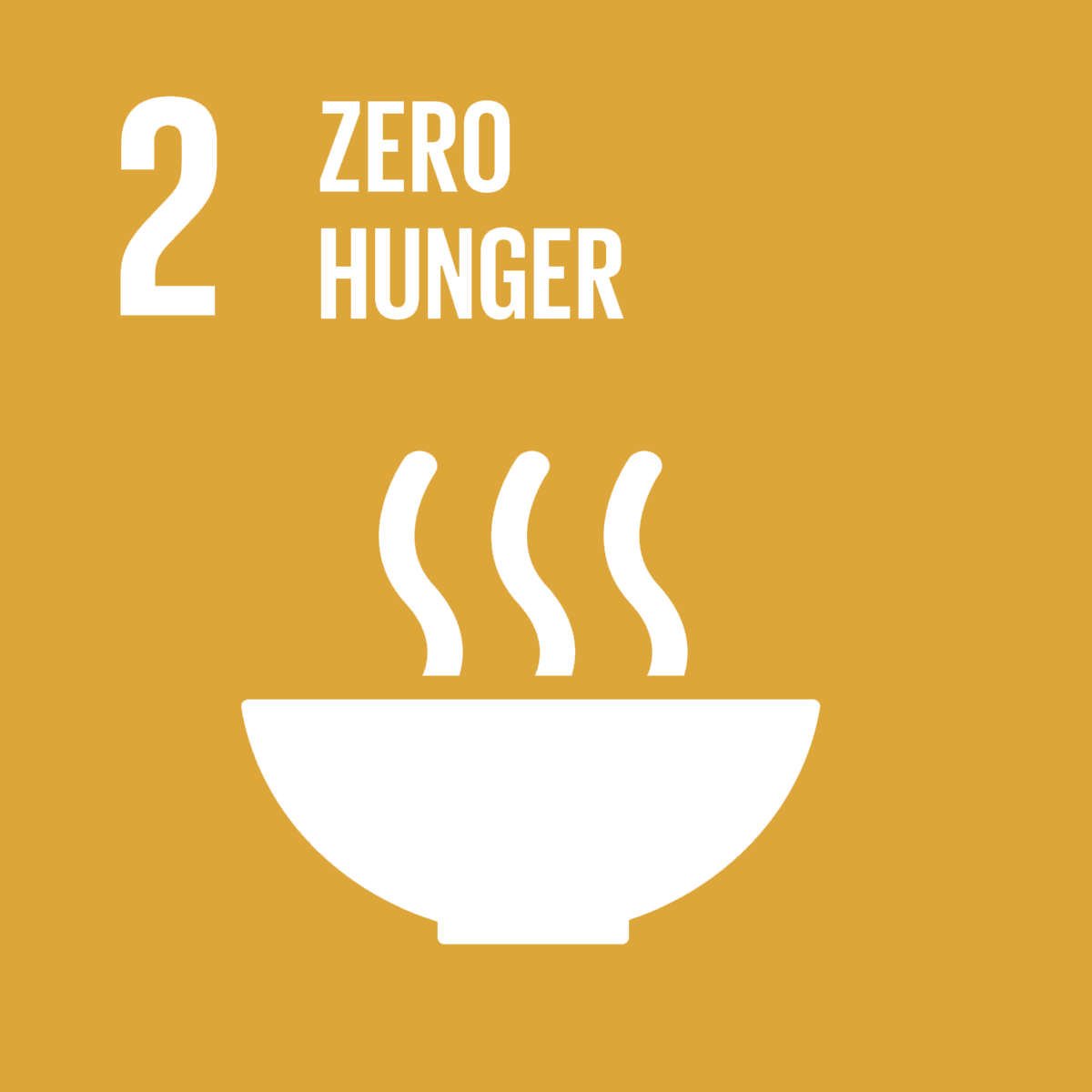
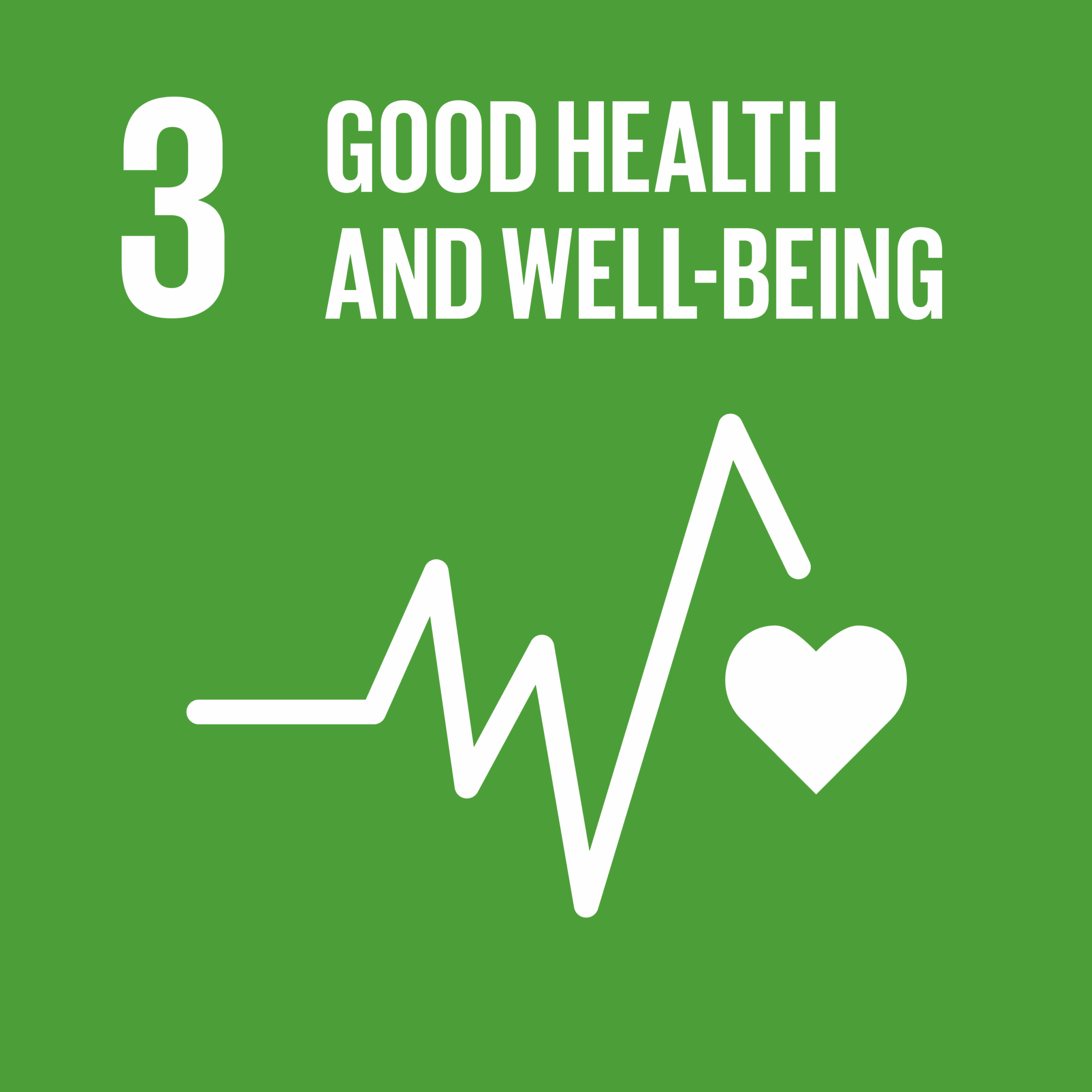
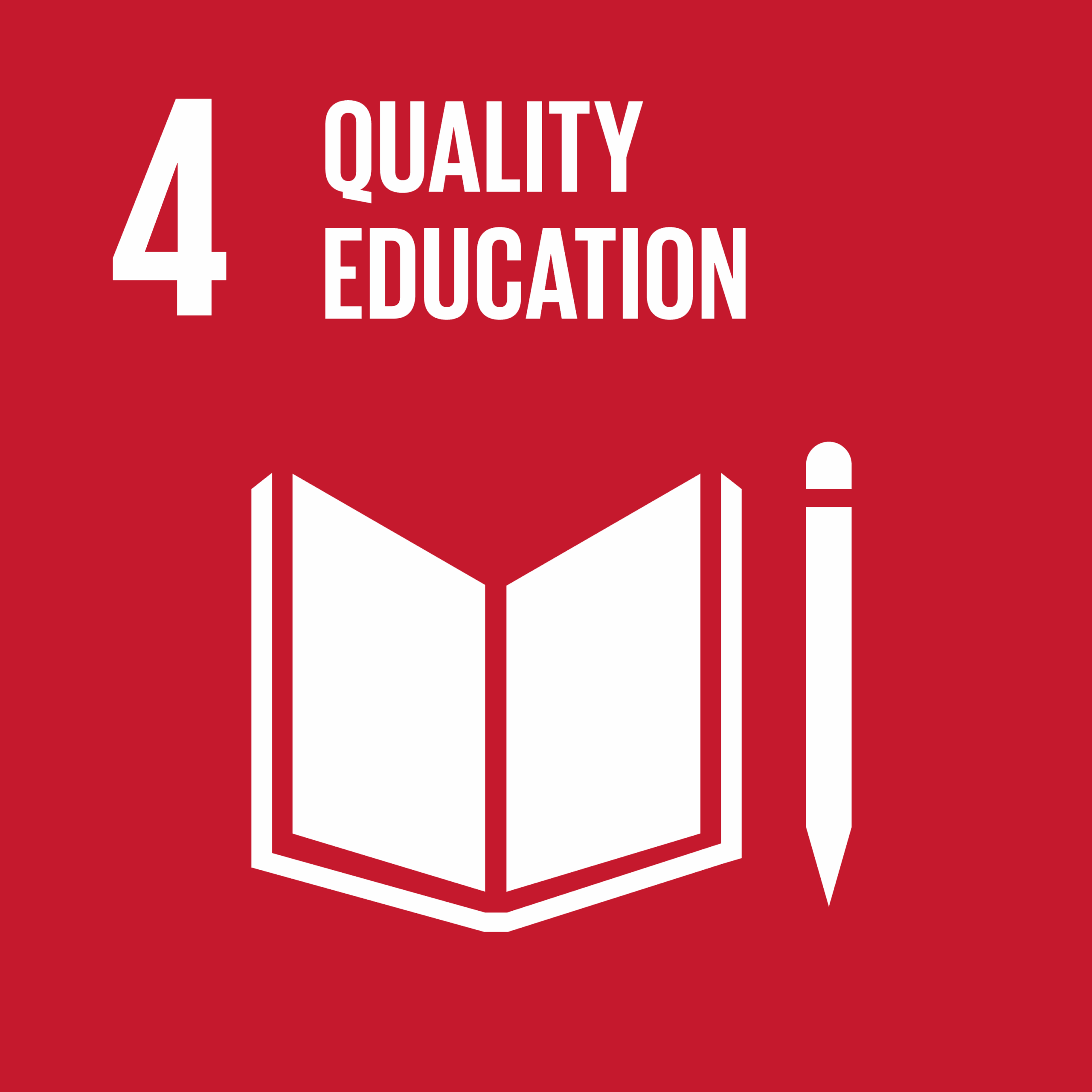
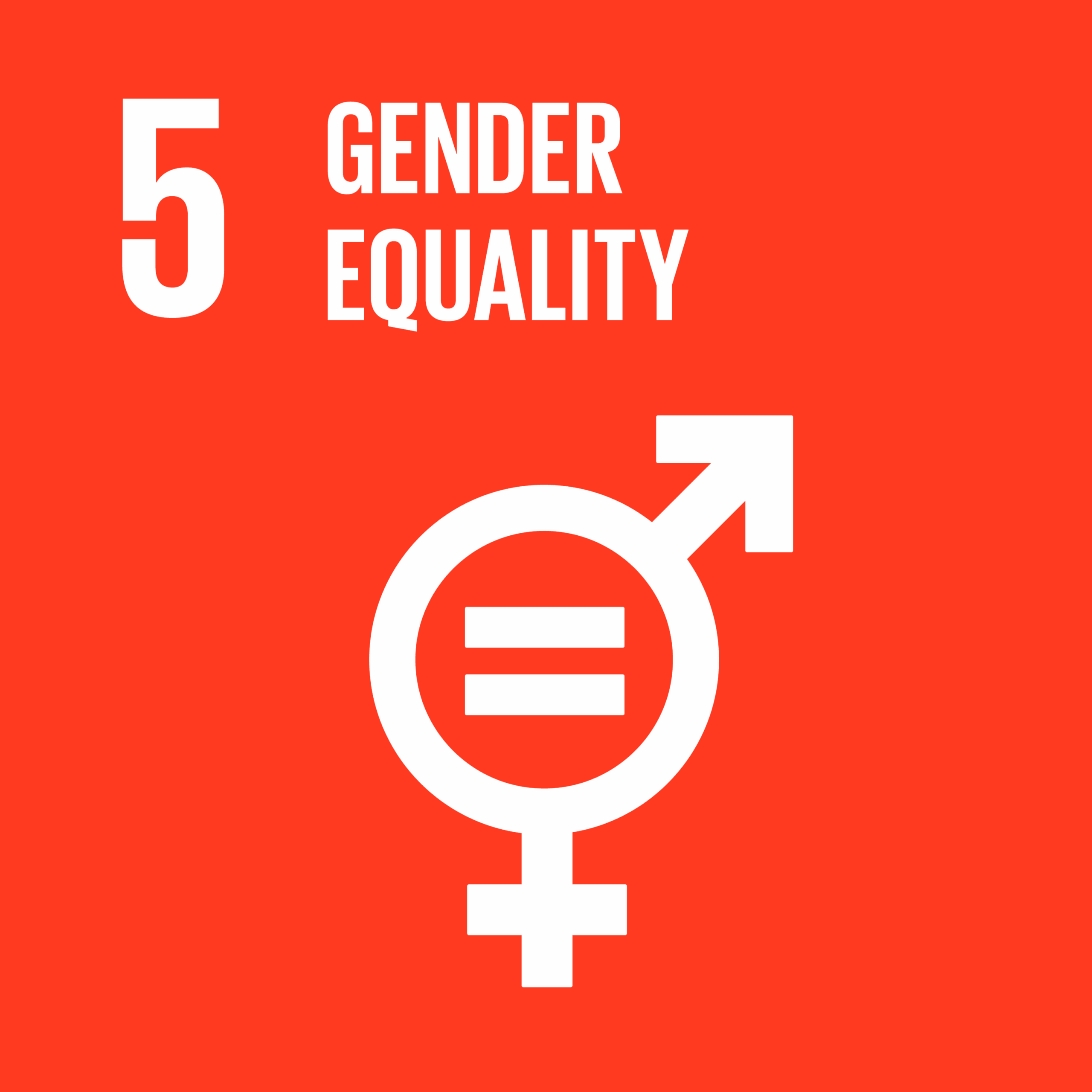
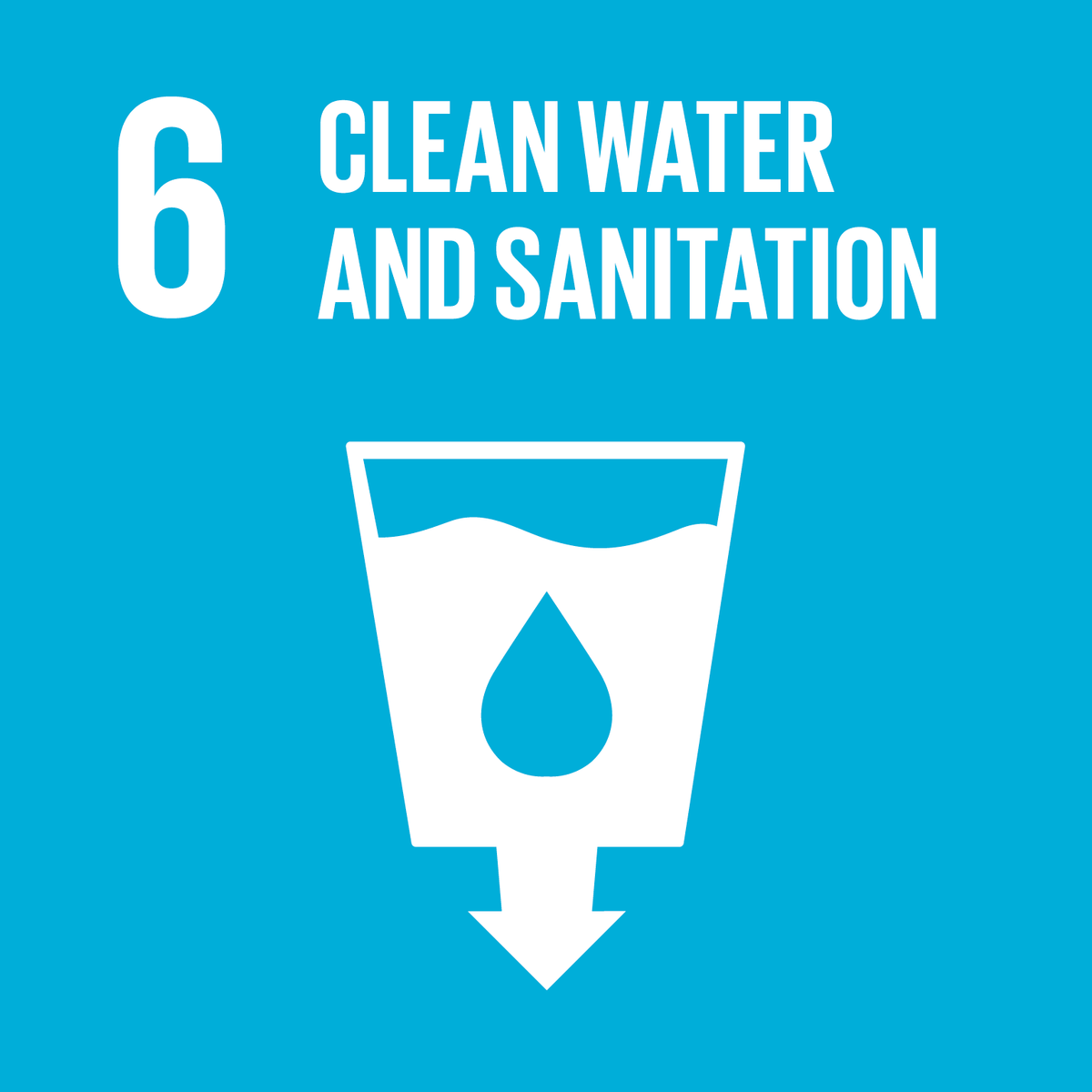
This Hackathon is open for students across India who are pursuing either B.Tech/M.Tech/BCA/MCA/PGDM (all specializations) or B.Sc/M.Sc (Computers, Electrical, Electronics, Communications) or Polytechnic source
(Computers, Electrical, Electronics, Communications) or in any of the STEM (Science, Technology, Engineering, Mathematics) or Social Sciences or policy related fields and must be in pre-final or final year/3rd or 4th year.
Participation Specifics

Winning teams will receive the unique opportunity to present their solution at a Virtual Research Symposium organized by the Data Analytics and Computational social Science program at the University of Massachusetts Amherst.

Winning teams will be provided an opportunity to present their findings to relevant Government Departments, and help them formulate decisions and policies
Release Call for Applications
Onboarding the selected participants
Program Inauguration and Day 1 of the Hackathon
Day 2 and 3 of the Hackathon
Submisson Day
Winning Teams will get to present their findings/analysis at Virtual Research Symposium, by DACSS Program of University of Massachusetts Amherst

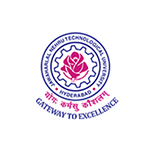
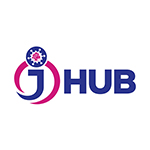
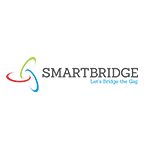
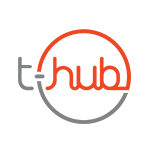
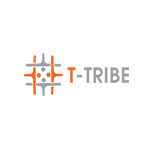




You can join as an individual or as a team with a minimum of 1 and a maximum of 4.
The participation in the Hackathon challenge is free for all.
This event does not require any physical presence as it is completely online.
The individuals or teams participating in the hackathon can only select 1 problem statement to solve during the event.